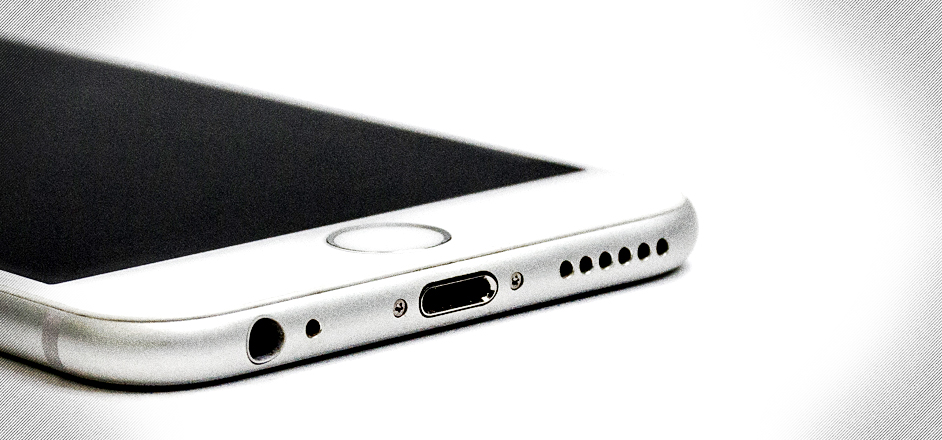Wallet, keys, phone … check!
Smart phones have become just as important in everyone’s lives as vehicles and the very roofs over our heads. We let them sleep with us at night, and protect them by all means necessary. We use them to wake up in the morning, communicate with loved ones, pay bills, work from home, track physical wellbeing, buy groceries, and so much more.
Smart phones have become so ubiquitous; on average, one third of our lives are spent on them. Which makes it easy for companies to monitor, track and eavesdrop on almost everything you ever do.
And it’s only downhill from here.
Take Siri, its hypothetical ears are wide-open and ready to suggest the next thing you should buy, the next song you should hear, the next flight to take or the next fad you need to catch. The tech companion knows your morning routine of podcasts and coffee, and knows how long you sleep at night. The brain behind your phone screen is there whenever you need … but only on command, right?
Nope.
Ever notice how one moment you’re telling Brad from the office how much you’ve wanted those new Kanye shoes and then within minutes while scrolling though Instagram those exact kicks are now a sponsored ad ready to be bought in one click? You can probably thank your smart phone and its microphone for that. Even though companies like Facebook adamantly deny using microphones for ad targeting (a 2014 blog post from the company basically contradicts that, however), it's likely it's happening one way or another.
"Some recent articles have suggested that we must be listening to people’s conversations in order to show them relevant ads," a press release from Facebook said last year. "This is not true. We show ads based on people’s interests and other profile information — not what you’re talking out loud about."
Except that's probably not entirely true. Aside from the social media giant having the ability to employ third-party companies to do the listening for them and still be technically honest in their statements, last February, police in Arkansas demanded the courts force Amazon to turn over information gathered from an Echo in relation to a murder charge. It was listening the whole time, said the cops. Amazon was then obligated to admit that, "all data [Alexa hears] is protected during transmission and securely stored," while defending the privacy of the victim via the First Amendment.
It’s also been known for years that Siri and other “intelligent personal assistants” love remembering what you ask to suggest ads based on common themes. Maybe your Facebook app isn't listening like Zuckerberg and his team suggest, but it's not like they can't buy and share that information from something else listening in. It this very cyclone of information tech giants rely on.
Here’s how the ever-classy assistants love to help: When speaking to them, your words become encoded into a digital format that travels through cell towers and back to an Internet Service Provider. The format then reaches your cloud, which uses its expertise to understand what you’ve asked. The server then decides whether or not the solution can be solved within your phone (i.e. playing a song or calling your mom) or if you are in need of network connectivity (i.e. finding a restaurant or asking for a Rooster Magazine article about Shaman vaginas to read).
After the format has gone through a language model, breaking down each word you’ve spoken, your smartphone confidently presents your results. And now it’s more than just a voice assistant, as the technology allows it to streamline our device interactions on a daily basis.
More recently, adept users have noticed a trend in suggested ads about people, places and things they’ve not directly asked Siri about or searched for on Google.
Is Siri and others 'listening' to us even when we aren’t even using our phones? Yes. Is this an invasion of privacy? It’s complicated. Are we even able to make the eavesdropping stop? Yes.
While the logistics of Siri’s curious technology is complicated, turning off this feature on a smartphone is relatively simple. If you’re someone who’s uncomfortable with artificial intelligence dissecting your mind on a daily basis, the settings app on your phone has got your back.
To change this feature on iPhones, simply click the settings icon on your phone, scroll down to “Siri & search,” and you're then presented with every application on your phone that is allowing Siri to learn exactly how you like to dress, what you like to eat, and how badly you want to learn how to to wing your eyeliner like the pros. If you’re feeling independent, just switch them all off — and hope that it’s not too late to realize how spoiled you’ve been.
Sounds a bit too easy, right? Because of the ease at which this feature is ousted, many wonder if something as simple as an off switch is enough to keep Siri’s curious ears at bay.
Do we really have full privacy by flipping an off switch? Maybe we’re just being paranoid. Although, maybe we’re not.
Now where did those keys run off to?



Leave a Reply